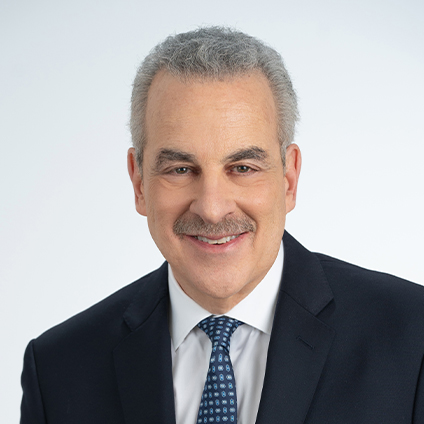Blog
Fighting Schizophrenia
A few days ago the New York Times profiled Joe Holt, a 50-year-old man with schizophrenia who was on the brink of suicide—loaded gun in hand—when he began to find a way out of his nightmare of paranoid delusions. What’s worked for him, with support from his wife, Patsy, is a self-devised regimen that helps him cope with severe negative feelings and hostile voices that can drive him to the edge some days. He has been medication-free since 2006, Benedict Carey reports in the article, “but considers it a valuable safety net.”
In the ensuing decade Holt has achieved a successful marriage and a successful career, and has nurtured many foster children in his Missouri home. It’s a compelling, encouraging story, but one that draws conclusions that do a grave disservice to the majority of people with schizophrenia. Holt is able to recognize his delusions and battle them with admirable grit and discipline. But reporter Benedict Carey notes that “the ability to catch one’s own mind straying from reality is no small gift; perhaps half the people with schizophrenia have no such self-awareness.”
And furthermore, the fact is that for the overwhelming majority of people with schizophrenia, the symptoms are severely impairing, whether they are aware of their disorder or not, and a closely monitored regimen of antipsychotic medication has been shown time and again to be the best way to manage this chronic condition. Moreover, disturbingly the decision to drop medication leads to disaster for these patients—relapse, drug abuse, homelessness, incarceration—and their families.
Patsy Holt’s can-do attitude and faith in her husband are admirable, but she’s wrong when she tells him his battles are like everyone else’s: “I tell him everyone struggles with doubts, with fears—that it’s normal. Normal.”
The severe anguish people with schizophrenia experience is not like ordinary doubts and fears, people with schizophrenia are not weaker than other people, they have a very real illness, and getting medication treatment is not only more effective for them, and their families, but significantly less risky than toughing it out on their own. Joe Holt’s wife is telling him to be brave, but the bravest thing is to get scientifically sound help when one is ill.

